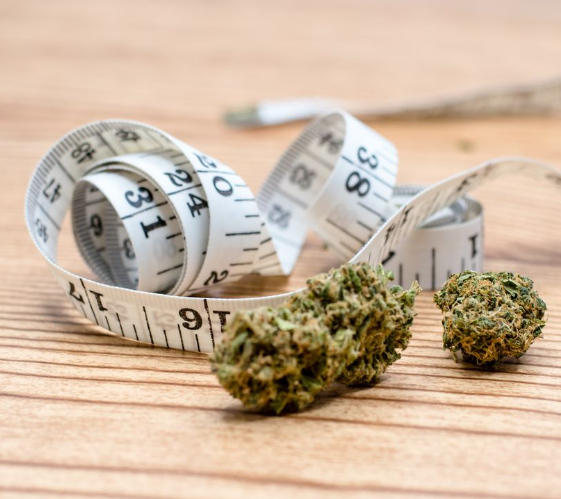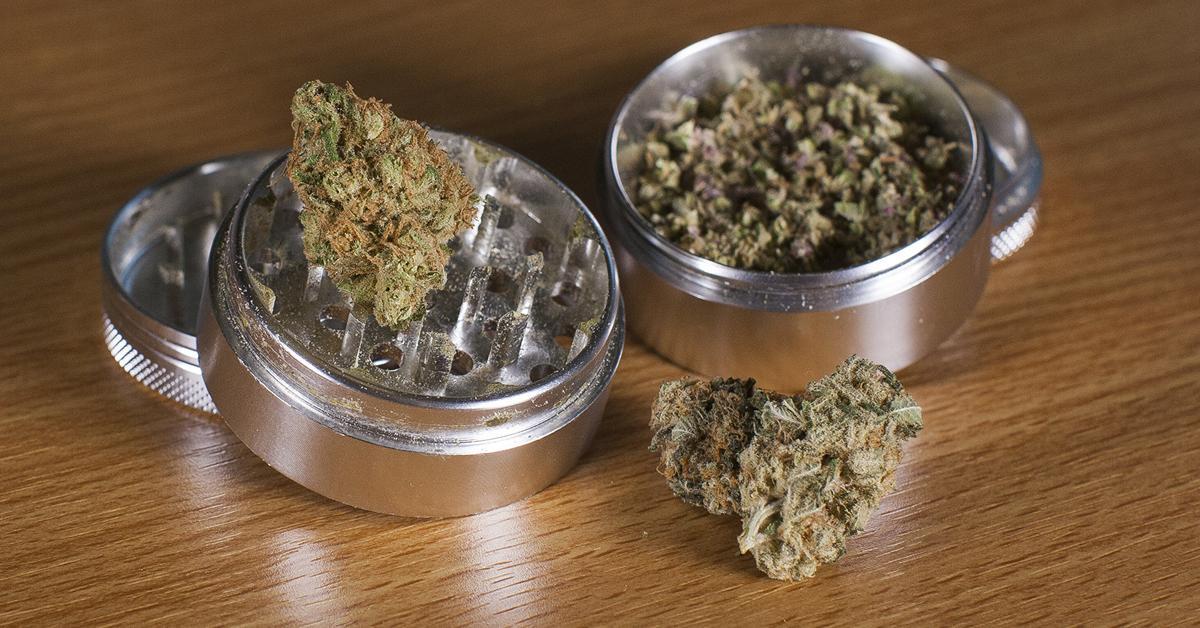We use cookies to make your experience better. To comply with the new e-Privacy directive, we need to ask for your consent to set the cookies. Learn more.
Unravel the Role of Cannabis in Your Weight Loss Journey: Myth or Reality?)
The Intricate Relationship Between Weed and Weight: Unravelling the Mystery
The topic of marijuana's influence on body weight has been the subject of various discussions and research studies. Surprisingly, the findings often seem paradoxical, with some evidence suggesting that marijuana could potentially aid in weight loss, while others hint at the possibility of weight gain. This article delves deep into the intricate relationship between marijuana and body weight, providing a comprehensive analysis of the evidence at hand.
Exploring the Role of Cannabis in Body Weight Regulation
The physiological effects of cannabinoids, the chemical components found in marijuana, play a significant role in the regulation of body weight.
The "Munchies" Phenomenon
Marijuana use is often associated with an increase in appetite, colloquially referred to as the "munchies." This increased desire for food is primarily due to the action of tetrahydrocannabinol (THC), the main psychoactive compound found in marijuana, on the cannabinoid receptor 1 (CB1R) in the brain. Stimulation of CB1R by THC is known to trigger hunger, leading to an increase in food intake. However, it's important to note that the effect of THC on appetite can be counteracted by other cannabinoids such as cannabidiol (CBD) and low doses of tetrahydrocannabivarin (THCV).
The Unexpected Link Between Cannabis and Metabolism
Several studies have indicated a potential link between cannabis use and an increase in metabolic rate. A faster metabolism implies that the body burns more calories, both during periods of rest and activity, which can translate into a lower body weight. This potential link could be attributed to the complex interaction of cannabinoids with the endocannabinoid system, a system within our bodies that plays a crucial role in various physiological processes including metabolism.
The Paradoxical Evidence: Does Marijuana Lead to Weight Gain or Loss?
The Weight Gain Hypothesis
The assumption that marijuana use leads to weight gain primarily stems from the "munchies" phenomenon. It's logical to think that an increase in food intake, especially of fatty and sweet foods, would lead to weight gain. However, the relationship between marijuana use and weight is not as straightforward as it might seem.
The Weight Loss Hypothesis
Contrary to the weight gain hypothesis, several studies have found a correlation between regular marijuana use and lower body mass index (BMI). This implies that marijuana users may indeed be less likely to be overweight or obese compared to non-users. A 2019 study found that marijuana users showed a lower prevalence of obesity compared to non-users. Another study conducted in 2018 observed significantly reduced BMI and rates of obesity in cannabis users, despite an increase in caloric intake.
Cannabinoids and Weight: The Role of THCV and CBD
THCV and CBD, two cannabinoids found in marijuana, have been associated with potential weight loss benefits. In low doses, THCV has been shown to suppress appetite by blocking CB1R in the brain. On the other hand, CBD has been shown to influence carbohydrate metabolism, speeding up the processing of sugars, which could contribute to weight loss.
Theories Behind the Cannabis-Weight Paradox
Several theories have been proposed to explain the paradoxical relationship between cannabis use and weight.
The Metabolism Boost Theory
One theory is that marijuana use may boost metabolism, leading to more effective calorie burning and subsequently, a lower body weight.
The Alcohol Substitution Theory
Another theory suggests that marijuana use may lead to a reduction in alcohol consumption, and since alcoholic drinks are often high in calories, this might contribute to weight loss.
The Stress Reduction Theory
Stress is known to contribute to weight gain, and marijuana has been shown to have stress-reducing properties. Thus, it's possible that by alleviating stress, marijuana might indirectly aid in weight loss.
The Enhanced Mobility Theory
Pain and discomfort can limit physical activity, contributing to weight gain. Some studies suggest that marijuana can reduce pain and increase mobility, thereby potentially aiding in weight loss.
The Bottom Line: Is Marijuana a Weight Loss Aid?
While the evidence suggests an association between marijuana use and lower body weight, it's important to note that this doesn't necessarily imply that marijuana directly causes weight loss. Instead, marijuana may indirectly influence factors that contribute to weight regulation, such as metabolism, stress, and physical activity. However, more research is needed to fully understand the relationship between marijuana and body weight.
In conclusion, while it's possible that marijuana might aid in weight loss, it should not be solely relied upon for this purpose. It's essential to maintain a balanced diet, engage in regular physical activity, and lead a healthy lifestyle for effective weight management.





